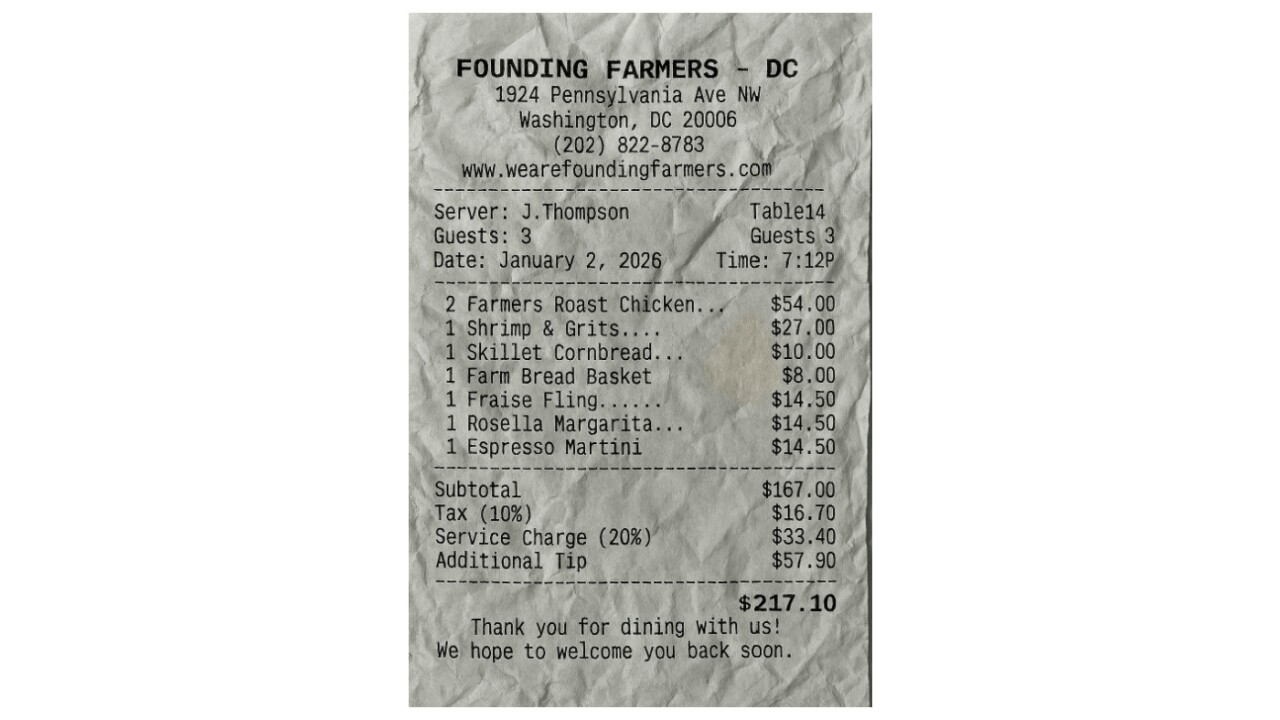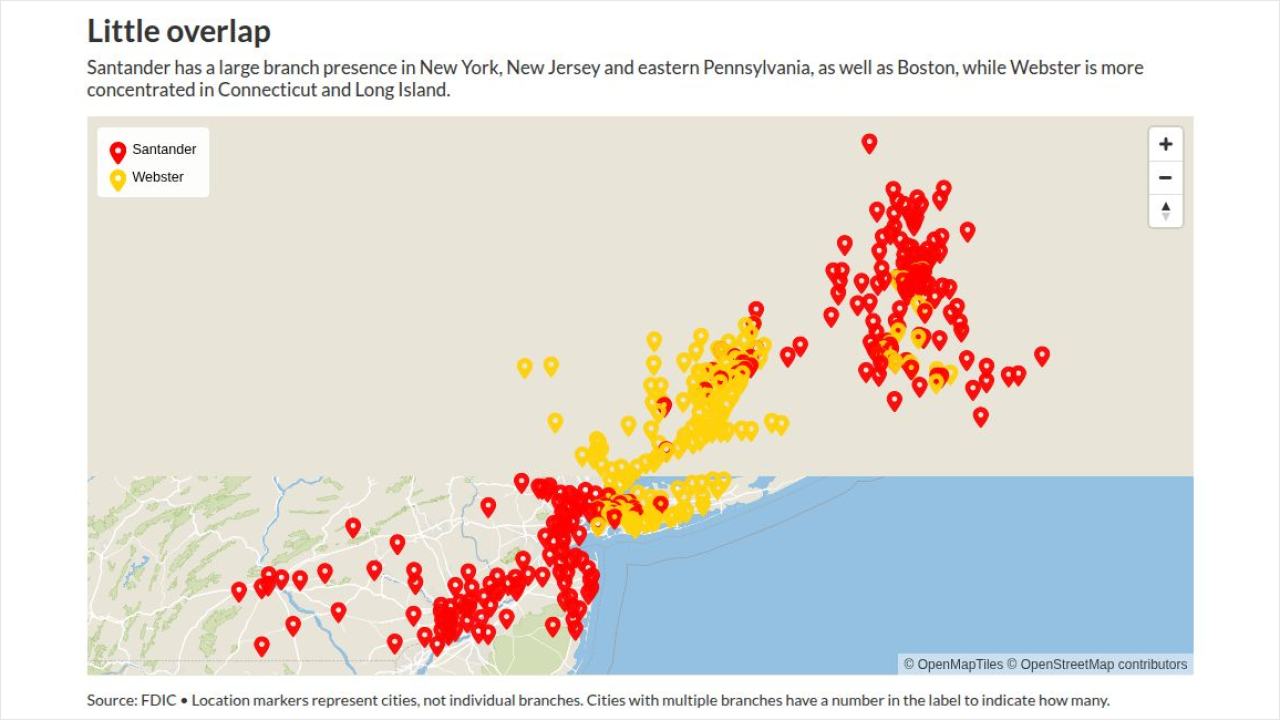Ian Mitchell ran fraud prevention efforts at five banks — Citi, GE Capital, USAA, Ally and Fifth Third Bank — and at PwC for 20 years. Then he got burned out, moved to the Tennessee mountains, grew his hair and a long beard, and wrote music and books.
But a conversation with Matt Friedman, who had been a regional project manager for the United Nations International Project on Human Trafficking and now is CEO of the Mekong Club, a nonprofit focused on human slavery, struck a chord. Mitchell decided to get back into fraud detection, this time focusing on human bondage. His two-year-old nonprofit, The Knoble, builds networks of like-minded financial crime professionals, tech experts and law enforcement to use transaction data for crime detection.

In its latest initiative, 30 banks have agreed to work with The Knoble, law enforcement officials and the identity fraud company Prove to identify human traffickers and victims in Los Angeles before, during and after this Sunday’s Super Bowl. The group is not releasing the names of the banks in the coalition so as not to tip off human traffickers about which banks to avoid. The banks will get intelligence they can build into their fraud and crime detection models and in turn help local police where appropriate.
“Because human trafficking around the Super Bowl has gotten some media attention for the last several years, we think this is a great opportunity to use this as a catalyst to increase the broader efforts across multiple banks to detect human trafficking,” said Mitchell. “It is a great excuse to get a bunch of banks together to increase the defenses and detection related to human trafficking.”
Last year, more than 70 people were arrested on sexual exploitation charges in the Tampa Bay area during Super Bowl week. Six people believed to be victims of human trafficking were also recovered during the operation.
There’s no statistical correlation between the Super Bowl and increased human trafficking, Mitchell said. But where there are gatherings of people, there tends to be increased criminal activity. (The Knoble, which is based in Atlanta, told the National Football League what it had planned and the football organization was supportive.) The group hopes this collaboration will help law enforcement make more arrests and rescue more victims during and after the game this year, and help the banks improve the crime and fraud detection work they already do.
The Knoble works with law enforcement to understand patterns of activity in drug trafficking cases. It identifies behavior patterns that might show up in bank transactions and gives those scenarios to the banks to feed fraud-detection algorithms. (
The Super Bowl effort includes frequent conference calls among fraud experts at the 30 banks, law enforcement officials, Michell’s team at The Knoble and Mary Ann Miller, vice president at Prove and a board member of The Knoble, to talk over investigations underway in Los Angeles and figure out the right detection rules the banks should set in their transaction monitoring systems.
Mitchell hopes the banks will continue to use these rules long after the Super Bowl is over.
“It's an opportunity for all the banks to learn together and then to do something that lasts beyond this one event,” Mitchell said. “This is how we’re going to make a dent in this human trafficking problem, when we get all the banks to agree to start looking for patterns where bad actors can't fit through the cracks.”
Banks already have to file suspicious activity reports for transactions that look sketchy, including any with a red flag that could indicate human trafficking.
But they don’t always know what to look for. The Knoble is trying to harness the collective data and knowledge of its networks to design rules that better detect this activity.
“We don't want to give too much detail, but there are tell-tale signs of trafficking that we've collected from different law enforcement agencies and other banks that have done this for a while,” Mitchell said. Some involve patterns of Airbnb transactions or unexpected large purchases, for instance.
Prove, which provides identity verification and fraud detection software, is sponsoring the project and contributing Miller’s knowledge of fake and synthetic identity fraud to the project.
“We help banks prevent and identify when criminals are trying to open an identity theft mule,” or a synthetic or stolen identity used to collect or transfer tainted money, Miller said. “And many human crimes happen under other people’s names.”
Prove’s technology can also be used to prevent a trafficker from opening multiple accounts. And the company has signals that can identify that a victim is on the other end of the phone.
“So we know who that victim is, and if law enforcement calls us, we can share that information and maybe save a life,” Miller said.
Mitchell said he hopes for nothing more out of this effort than that the bank members of the group become more aware of human trafficking.
“If they walk away and they don't do anything more with The Knoble, but they put in new detection rules and there's somebody there that actually is aware of human trafficking and they want to do more, that's success,” he said.






